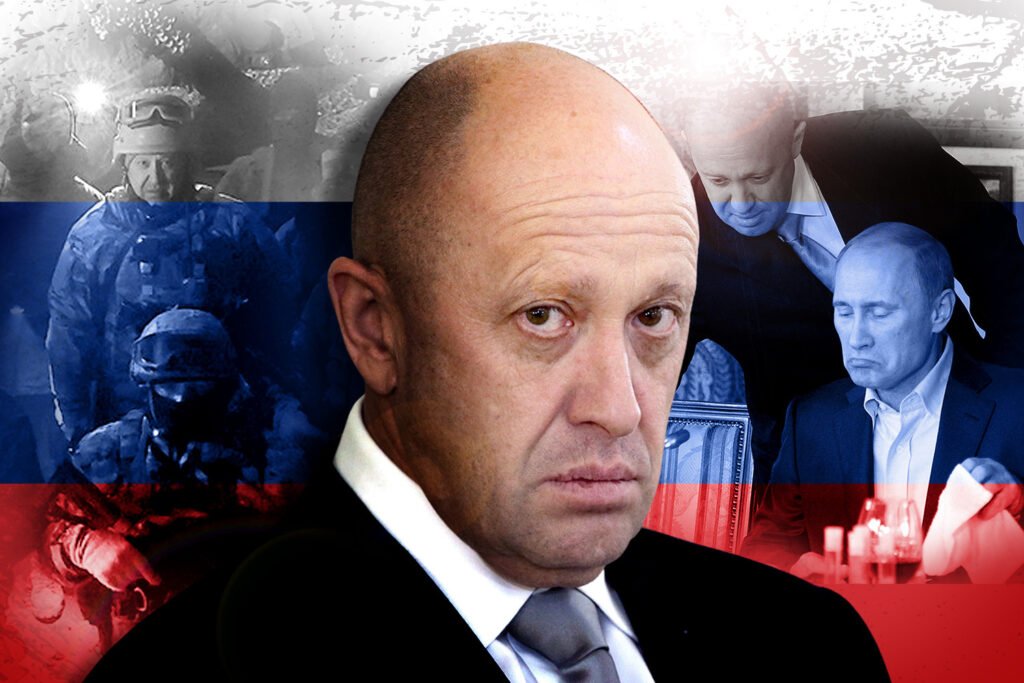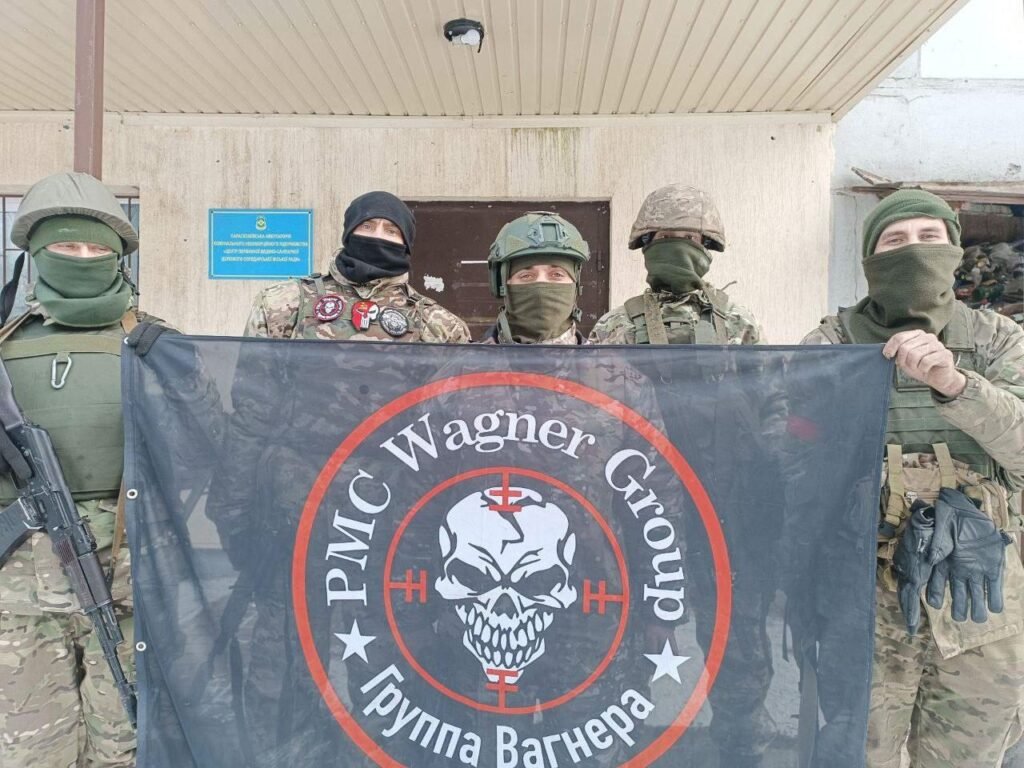Yevgeny Prigozhin’s June 2023 Rebellion: A Detailed Account
In June 2023, Yevgeny Prigozhin, the leader of the private military company Wagner Group, initiated an unprecedented rebellion against Russia’s military leadership, marking a significant escalation in internal conflicts during the ongoing Russo-Ukrainian war. This insurrection was a direct challenge to the Kremlin’s authority and Vladimir Putin’s government, highlighting fractures within the Russian elite.
Background to the Rebellion
Prigozhin had been a crucial player in Russia’s military activities, especially during the war in Ukraine. His Wagner Group, a paramilitary organization known for its brutal methods, had been instrumental in various Russian operations abroad, including in Syria, Africa, and more recently, Ukraine. However, tensions between Prigozhin and Russia’s military leadership, particularly Defense Minister Sergei Shoigu and Chief of the General Staff Valery Gerasimov, had been mounting for months.
Prigozhin repeatedly accused Shoigu and Gerasimov of incompetence and failure in the Ukraine war, often taking to social media to air his grievances. The final trigger for the rebellion came when Prigozhin claimed that Russian forces had bombed Wagner positions in Ukraine, killing several of his troops. This accusation, although denied by the Russian Ministry of Defense, led Prigozhin to escalate his rhetoric and declare his intention to “stop” the military leadership.
The Rebellion Unfolds
On June 23, Prigozhin launched what he described as a “march for justice.” He claimed that the Russian military leadership was corrupt and had deliberately misled the nation about the situation in Ukraine. The Wagner Group, which had grown into a formidable fighting force with tens of thousands of soldiers, began advancing toward Moscow, taking control of the southern Russian city of Rostov-on-Don, a key logistical hub for the war in Ukraine.
The speed and success of Wagner’s initial movements shocked many, including the Russian government. Videos surfaced showing Wagner fighters controlling military facilities in Rostov-on-Don with little resistance. Prigozhin demanded the resignation of Shoigu and Gerasimov as part of his rebellion against what he called their “treachery.”
Putin’s Response
In response to the rebellion, President Vladimir Putin addressed the nation on June 24, condemning Prigozhin’s actions as treasonous. Putin compared the rebellion to the 1917 revolution, which led to the collapse of the Russian Empire and the eventual rise of the Soviet Union. He vowed to crush the insurrection, describing it as a “stab in the back” and a threat to the country’s unity.
The Russian security apparatus quickly moved into action. Checkpoints were set up on major roads leading to Moscow, and security forces, including the Federal Security Service (FSB), were placed on high alert. The Kremlin’s handling of the rebellion was aimed at preventing Wagner’s forces from reaching the capital.

The Sudden Halt
After advancing hundreds of kilometers toward Moscow, Prigozhin’s forces abruptly halted their march. This surprising turn of events came after negotiations reportedly mediated by Belarusian President Alexander Lukashenko. In a deal brokered with the Kremlin, Prigozhin agreed to stand down and withdraw his forces, while Putin’s government reportedly agreed to drop criminal charges against him and allow him to go into exile in Belarus. Wagner fighters were given the option to join the regular Russian military or return home.
The Aftermath and Implications
The rebellion exposed significant weaknesses in Russia’s internal stability. Prigozhin’s ability to advance so quickly without major resistance raised questions about the loyalty of certain military and security forces. Moreover, the lack of any immediate or large-scale mutiny within the regular Russian military suggested that Prigozhin’s grievances were not shared widely across the armed forces.
Politically, the rebellion was a stark reminder of the fragile balance of power in Putin’s Russia. While Prigozhin’s rebellion did not succeed, it dealt a serious blow to the image of an unassailable Russian state apparatus. The long-term implications for Russia’s military leadership and the future role of the Wagner Group remain uncertain.
Furthermore, Prigozhin’s rebellion has raised concerns about the future direction of the war in Ukraine. Wagner had been one of the most effective units in the Russian campaign, and the group’s temporary removal from the battlefield left a vacuum that could affect Russia’s military capabilities.

Yevgeny Prigozhin’s rebellion in June 2023 was a critical event in modern Russian history. It highlighted the internal divisions within the country’s military and political elite while showing the vulnerability of Putin’s administration in the face of internal dissent. Although the rebellion was short-lived and ended without large-scale conflict, it has left a lasting impact on Russia’s internal politics and its role in the Ukraine conflict.

